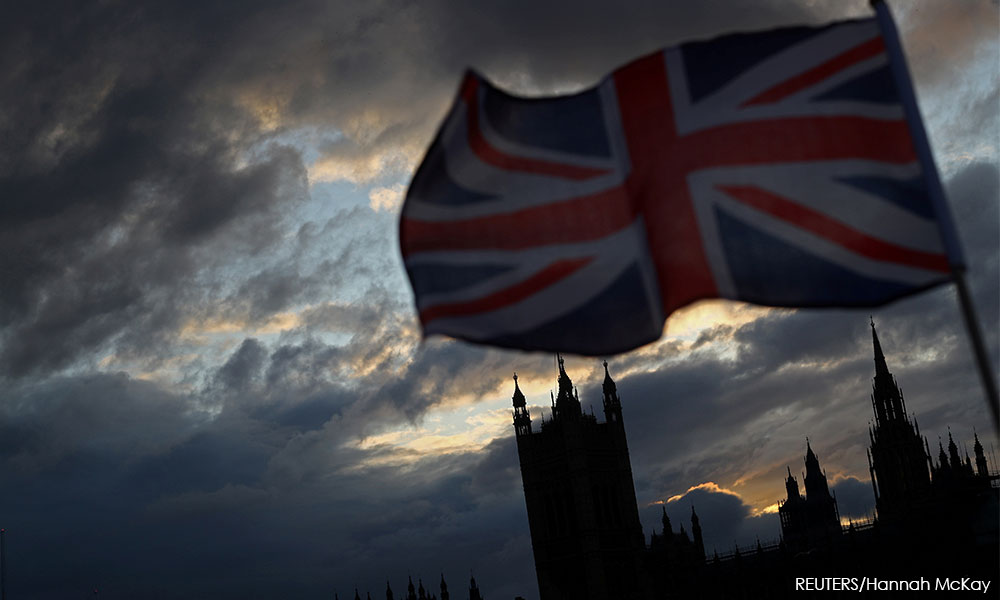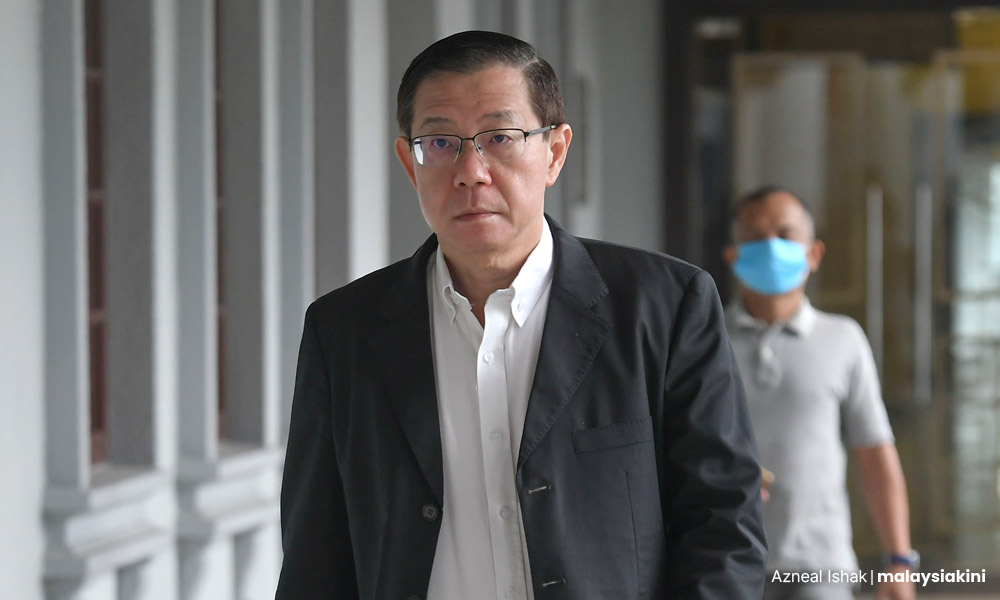In recent years, a concept has gained traction as a means of investigating those with suspect cash and inexplicably high-value holdings.
It is called unexplained wealth. It refers to valuable assets belonging to officials – or others in positions of power and influence – that is clearly incommensurate with their publicly-declared earnings or known business interests.
The Organized Crime and Corruption Reporting Project (OCCRP), a global network of investigative journalists, has also produced a comprehensive description of unexplained wealth.
At the heart of the concept is a very simple mathematical formula, as described by the Western Australia Corruption and Crime Commission:
Unexplained wealth = Total wealth less lawfully acquired wealth
Thus, a person whose total wealth is RM5m, and whose lawfully acquired wealth is RM2m, can be said to have an unexplained wealth of RM3m.
The concept is now a key element in the United Kingdom’s Criminal Finances Act 2017 (CFA) – nicknamed “McMafia” laws after the BBC’s organised crime drama – which introduces new measures to help law enforcement act on corrupt assets.
The CFA came about after the UK Home Office concluded that the size of the UK financial and professional services sector, the open economy, and the attractiveness of its property market to overseas investors made the UK a favoured destination for people from around the world to stash their money in high-end real estate.
Ability to seize assets
One of the measures is what is called unexplained wealth orders (UWOs).
UWOs give enforcement authorities such as the National Crime Agency (NCA), Her Majesty’s Revenue and Customs (HMRC), and the Serious Fraud Office (SFO) the ability to seize assets that are suspected to be derived from the proceeds of criminal activity.

A UWO places the burden on the individual, rather than the enforcement authority, to prove how he or she has accumulated his or her wealth. He or she is to produce evidence to verify the sources of the wealth, failing which the property may be recoverable by civil forfeiture.
Account or interim freezing orders (AFOs/IFOs) may also be made and penal sanctions imposed. UWOs thus provide an opportunity for enforcement authorities to confiscate assets without ever having to prove that the property was obtained from criminal activity.
Needless to say, the concept is controversial. Some view it as a critical tool in the combating of corruption and other crimes and the recovery of assets while others view it as a violation of common legal principles.
But it has been effective in combating corruption and the recovery of proceeds of crime.
According to Andrew Dornbierer, who led a team of researchers leading to a compilation of laws targeting unexplained wealth and the recovery of proceeds of corruption and other crime, there is no doubt that the concept has remarkable potential in the field of asset recovery.
And following the successful application of the concept in legislation in a number of jurisdictions, it is no surprise that an increasing number of countries are turning to these measures and mechanisms to target corruption and criminality in general and recover proceeds of crime.
Similar legislation in M’sia
Malaysia may not count as one of those increasing numbers of countries. But the Pakatan Harapan government in 2018 – to its credit – did consider introducing legislation similar to the CFA with similar measures.
Then finance minister Lim Guan Eng said measures like UWOs would enable the government to seize “extraordinary assets” owned by individuals, especially politicians.

“The attorney-general is now studying this legislation, which will allow the government to seize extraordinary and unexplained assets owned by prominent individuals, especially politicians.
“If they cannot account for how they came to own the properties, the authorities will seize them,” Guan Eng was quoted as saying during a question-and-answer session at a special briefing on Budget 2019 in Penang.
Nonetheless, Malaysia, especially under the stewardship of Prime Minister Anwar Ibrahim, should send a clear message that it is determined to require officials and individuals in positions of power and influence to “explain” assets belonging to them that are clearly incommensurate with their publicly-declared earnings or known business interests.
When a person in a position of power and influence has assets incommensurate with his publicly-declared earnings, he has unexplained wealth. - Mkini
The views expressed here are those of the author/contributor, Hafiz Hassan and do not necessarily represent the views of MMKtT.




No comments:
Post a Comment
Note: Only a member of this blog may post a comment.